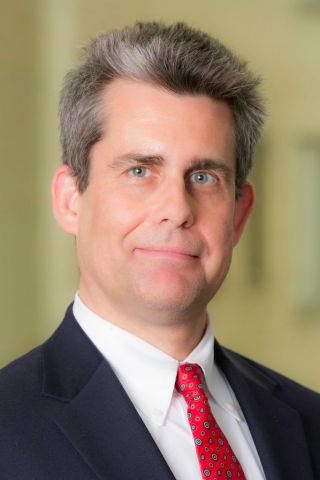
Election night marks the end of one phase of campaign 2020 – and the start of another
We developed this explainer to help people understand how, and why, the complex U.S. electoral process is even more so this time around.
Numbers, Facts and Trends Shaping Your World
Senior Writer/Editor
Drew DeSilver is a senior writer at Pew Research Center.
We developed this explainer to help people understand how, and why, the complex U.S. electoral process is even more so this time around.
Mail-in ballots accounted for just over half of this year’s primary votes cast in the 37 states (plus D.C.) for which data is available.
Response to the pandemic has pushed the federal budget higher than it’s been in decades, but Americans are slightly less concerned about the deficit than in recent years.
Black adults are about five times as likely as whites to say they’ve been unfairly stopped by police because of their race or ethnicity.
The last year the Postal Service recorded any profit was 2006, and its cumulative losses since then totaled $83.1 billion as of March 31.
Despite some broad federal guidelines, claimants still face a hodgepodge of different state rules governing how they can qualify for benefits.
COVID-19 may yet do what years of advocacy have failed to: Make telework a benefit available to more than a relative handful of U.S. workers.
24% of civilian workers in the United States, or roughly 33.6 million people, do not have access to paid sick leave.
While clearly significant, this year’s Super Tuesday on March 3 is by no means the “super-est” – or the earliest – one the Democratic Party has ever had.
Monica Anderson, associate director of internet and technology research, speaks about our latest report on the world of online dating.
Notifications
